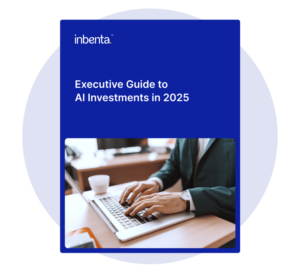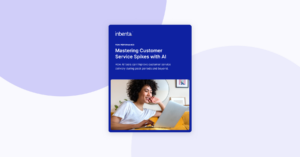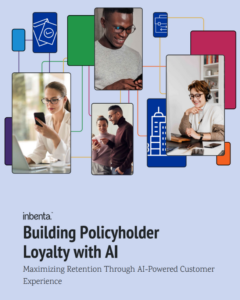A new executive order by the Trump administration has launched the “Genesis Mission,” a government-wide initiative designed to speed up American AI innovation. The plan directs the Department of Energy and National Laboratories to build an integrated platform. This system will use massive federal scientific datasets to train advanced AI models. The goal is to automate research workflows and quicken breakthroughs in fields like biotechnology and quantum science, potentially shortening discovery timelines from years to mere hours. The Genesis Mission is a central part of a national strategy to compete with China in artificial intelligence. The new directive also rescinds a prior AI safety executive order.
Inbenta recognized in Gartner® Magic Quadrant™ for Conversational AI Platforms.
- Platform
- Solutions
 Inbenta’s Composite AI
Inbenta’s Composite AIInbenta’s AI, trained for over two decades on billions of interactions, enhances customer experience across industries.
- Use Cases
- industries
- Resources
- Articles
- AI This Week
- White Papers
- Newsroom
ArticlesAI This WeekWhite PapersWhite PapersWhite PapersWhite PapersNewsroom
- Company
- Partners
Unlock growth & innovation
CareersTransform the world with us
CompetitorsSee how we stack up






